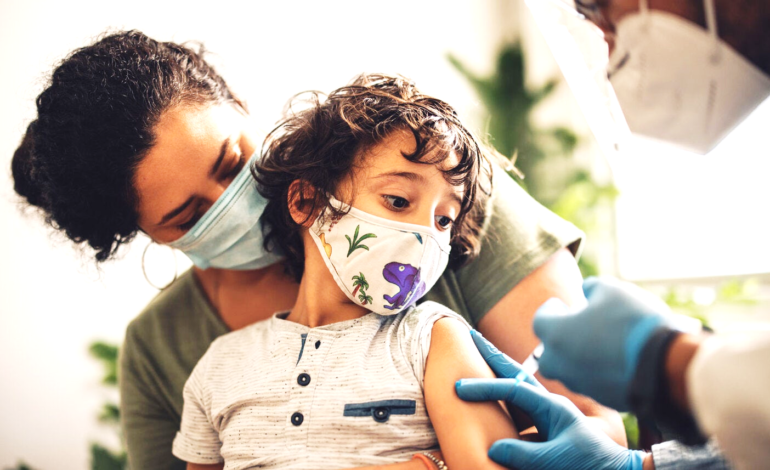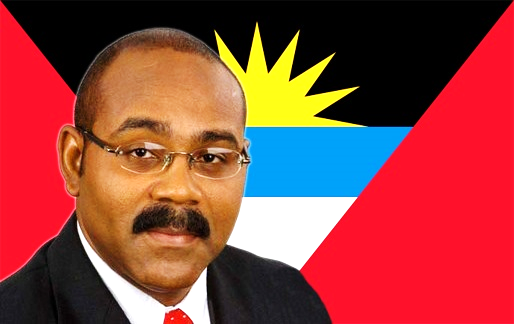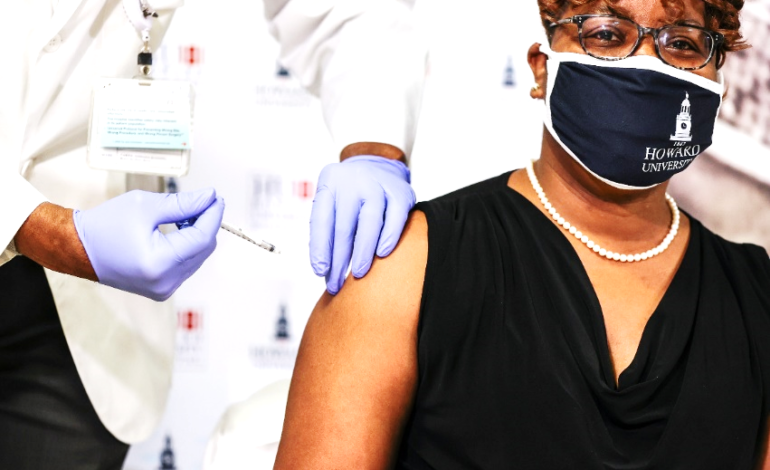
Avellon Williams
WASHINGTON D.C. – In the Americas, COVID-19 is in its third year. As a consequence, millions of children are missing out on routine vaccines, putting countries at risk of losing two decades of immunization progress, Pan American Health Organization Director Carissa F. Etienne stated.
During Wednesday’s media briefing, she said “countries are experiencing outbreaks of diseases that had been under control for years, including measles in Brazil and diphtheria in Haiti and the Dominican Republic.”
More than 8 million cases were reported this week – the highest number since the pandemic began. There were also 18 000 deaths, an increase by 37% from last week.
The PAHO Director emphasized that while severe cases and hospitalizations are more common among children who have preexisting health conditions, such as diabetes and asthma, these children usually recover.

Additionally, children continue to miss doctors’ appointments, and many are unable to attend school, jeopardizing their social, emotional, and physical wellbeing.
For some children, schools are a safe haven where they can learn, socialize, receive mental health support, and get a nutritious meal,” Dr.Etienne said.
The PAHO Director invited parents and caregivers to bring their children to routine medical appointments and urged countries to make these services widely accessible.
“Countries must recognize routine immunizations for what they are: essential. Before the pandemic, these services were critical, and they remain a key aspect of COVID response so that more children don’t become at risk,” she said.
In addition, Dr. Etienne encouraged ministries of health, education, and social protection to work together in order to ensure that as many children as possible return to school safely.
In a recent report, PAHO published detailed guidelines on how to facilitate the return to in-person learning, and the Director commented that “by encouraging mask use and social distancing, countries can safely reopen schools.”

In order to successfully vaccinate healthy children against COVID-19, the Director of PAHO noted that the country must first “ensure that coverage among groups at highest risk of COVID-19 disease and death is high.”
Although twelve countries and territories in the Americas have already reached WHO’s 70% vaccination target, many, particularly in the Caribbean, still have low levels of vaccination among at-risk groups such as the elderly and health workers.
However, in countries where “vulnerable groups have already been protected and where additional vaccine supplies are available, countries should consider the advantages of vaccinating children to further reduce the transmission of SARS-CoV-2.”
Furthermore, the Director of the PAHO urged countries to prioritize obtaining localized data on COVID-19.
In this challenging time, more than ever, we need data about the impact of this virus on different age groups, genders, groups, and geographical areas. Thus, countries will be able to identify gaps and target resources to those who need them most.

In terms of the COVID-19 situation in the region, in North America, cases in the United States have declined by around one million over the last week, whereas many of Mexico’s southern states have seen new infections triple.
Among Central American countries, Belize reported the highest rates of new infections, with Honduras and Costa Rica experiencing an increase in new infections.
South America is also seeing an increase in COVID cases, with spikes in Argentina and Brazil, as well as high infection rates in Paraguay, the Guianas, Bolivia, Peru, and Ecuador.
Major outbreaks of infections were reported for Haiti and Martinique in the Caribbean.





Recent Comments